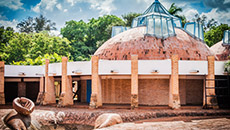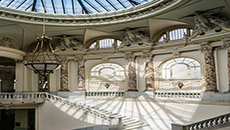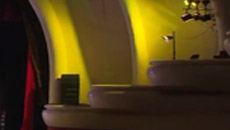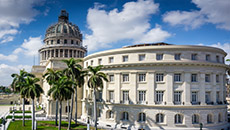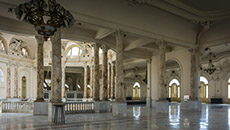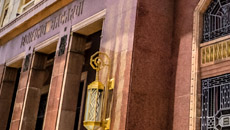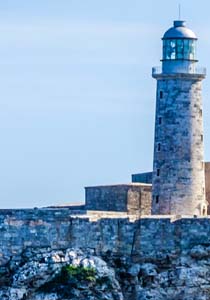
Our Cuba architecture tours will take you to explore the
Cuban Colonial Architecture, a term that covers all the civil and military constructions built in Cuba from the
16th century to the end of the 19th century. Cuba's colonial architecture survived the Spanish defeat in 1902
and its rules were kept almost intact until the advent of the influences of the Art Noveau, and Art Deco during
the first decades of the 20th century.
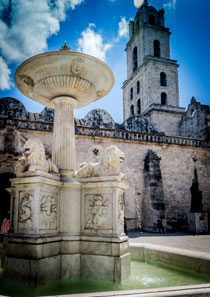
Plaza de San Francisco soon became the trade square of the city during early colonial times. Galleons full of Spanish immigrants and African slaves called port here to unload their human cargo and stockpile before continuing on journey to The West Indies.
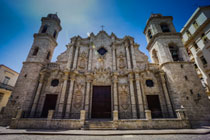
An authentic Cuba architectural jewel, the Cathedral Square isthe most beautiful and private 18th century colonial plaza of Cuba, named after the masterpiece of Cuban baroque architecture: the Cathedral of Havana built by the Jesuit order.
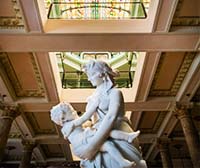
The Centro Asturiano building, designed by Spanish architect Manuel del Busto, features solid heavy façades constructed in Capellania stones with clear Spanish Renaissance influence. It arguably houses the prettiest staircase in Cuban architecture which makes it worth a visit in our Cuba tours.
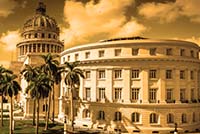
Your Cuba travel features a tour of the Capitol Building, designed by Cuban Architects and built by the American construction company of Purdy & Henderson. This building is one of the most outstanding architectural landmarks in Cuba filled with artwork from Cuban and foreign artists. The dome is 300.96 ft. high (7 inches higher than the highest capitol building in the US) and the recently renovated gardens are the work of the famous French Landscape Architect, Forestier.
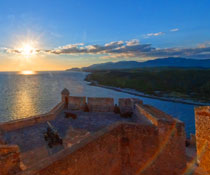
Our Cuba tours could not miss Cuba's architectural jewel, San Pedro de la Roca Morro Castle, a XVII century military construction. The fortress was declared a World Heritage
Site by UNESCO in 1997. The objective of the architects was to build high fortresses with wide walls that would
resist the artillery of the time. It is worth saying that one important contribution to colonial architecture was to conceive
the castles with points instead of corners in order to lessen the impact of the cannons.
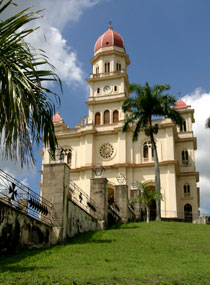
A landmark of Cuba's religious architecture, the Basilica de Nuestra Senora del Cobre in
Santiago de Cuba is the country’s most sacred
pilgrimage site since the Virgin of Charity is the patron saint of Cuba. The basilica
possesses a beautifully decorated central room and a solid silver altar that showcases valuable ornamental objects. In your journey of discovery to the authentic Cuba, you will learn how thousands
of people from Cuba and around the world go to see her every year, but the biggest crowds arrive on September 8,
the day of Our Lady of Charity of El Cobre.
In January 1998, His Holiness John Paul II crowned her during a mass and named her the Queen of the Cubans.
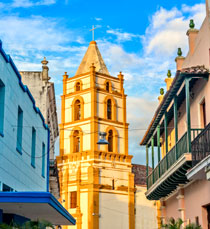 Camaguey Historical Center
Camaguey Historical Center was declared UNESCO World Heritage Site in 2008 and it is a
must visit in architecture
Cuba tours. Camaguey is the third largest city in Cuba, and the largest province in the country. Camaguey City,
with a historic core as large as Havana's and many times larger than Trinidad's, shows visitors its small streets
of peculiar outlines, its churches, squares and its mansions, with homely courtyars presided by the large jar-shaped
clay tinajones, used locally as rain water collectors.
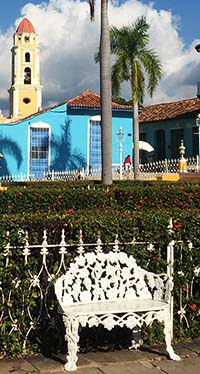 Trinidad City
Trinidad City is an outstanding example of Cuba's colonial architecture. The main attraction is
undoubtedly the town itself. the Cuba explorer will have a field day, taking advantage of the charming
traditional architecture and timeless feel of the place, while others will just enjoy wandering
around and soaking up the atmosphere. There are no cars allowed in the centre, adding to its charm,
and visitors can take in the city's 1211 buildings, which are mostly made up of wonderfully restored
colonial houses, painted in a selection of bright colours, topped with terracotta tiles.
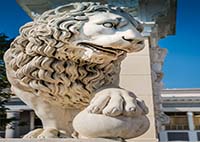
The urban
Historic Centre of Cienfuegos, enhances any Cuba travel experience. Inscribed by UNESCO in the World
Heritage List, Cienfuegos has also been known as the
Pearl of the South, and others have called it la Ciudad de las
Cúpulas (the
City of Domes), for the amount of buildings whose towers end in domes. The architecture of the city is one of
its charms and it can be admired in the very José Martí Park, former Plaza de Armas, where a rosette indicates the exact
place over which the blocks of the city started to rise. There is no other place in the Caribbean which contains such
a remarkable cluster of Neoclassical structures.
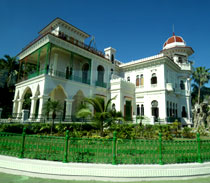
Cuba tours visiting Cienfuegos find hard to ignore a visit to Palacio del Valle, a jewel of Cuba's architecture. A glance at the central plant is quite amazing.
It is flanked by 2 animal sphinxes from Egyptian tales, with head and breast of a woman and body and paws of a
lion that personify the sun. However, some people assure that this was not supposed to be the principal entrance.
Yet, its proximity to the marble stairway that leads to the second floor made it so.
Day 1. Thursday 7 November 2024.
Hello Cuba
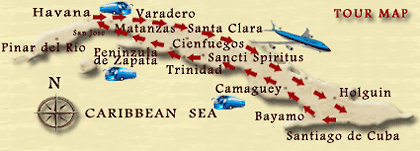
Arrival at "Jose Marti" International Airport in Cuba's capital city.
Welcome to
Havana City, one of the most stunning architecturally designed cities in the world, with extraordinary variety and quality.
Meet your
Authentic Cuba Travel® tour guide and bus driver.
Private transfer to your accomodation
Luxury Casa Particular located at the cultural center of Havana City.
In the 40s and 50s, many high-rise buildings and apartment complexes helped dramatically alter the skyline of Havana City.
Your hotel
Habana Libre (1958), which before the Revolution was the Havana Hilton Hotel
and nearby
La Rampa Movie Theatre (1955) are good examples of this important architectural period.
Group check-in.
Breakfast is complimentary from 7:00 a.m. to 10:00 a.m.
Day 2. Friday 8 November 2024.
Exploring Old Havana
Morning: meeting with our guide for the morning, architect Miguel Coyula from the
Group for the Comprehensive Development
of Havana City at their headquarters in
The Scale Model of Havana City, a museum that contains a model of the entire city of
Havana.
The model took nine years to build and is the second largest in the world after one of New York. Havana's 727 square kilometers
are represented in an area of 22 meters of length and 10 meters of width. City planners needed to see and have a tactile sense
of the impressive physical and cultural patrimony of Havana, spanning five centuries as a port city, island Caribbean capitol,
and launching pad for the conquest of the Americas.
Guided panoramic motor coach tour of
Modern Havana.
We will visit places like
Square of Revolution,
University of Havana, Seawall,
Vedado Neighbourhood, 1830 Restaurant, Miramar
neighbourhood,
Nacional Hotel of Cuba, Cemetery Colon, and others.
We will also see important examples of
Art- Deco style architecture such as:
The House of
Catalina Laza, Havana's first art deco house, was built in 1926 by Juan Pedro Baro with marble from Carrara,
ornaments from Lalique and sand from the Nile. Baro had it built for the beautiful Catalina Laza.
America Building is a theatre complex designed in 1941 by architects Fernando Martinez Campos and Pascual de Rojas, consisting of
two theatres, a restaurant and some shops in the main floor and residential apartments in the upper floors. Its interiors are
very well preserved and conserve all the details of the original monumental design.
Lopez Serrano Building, with its strong reminiscence of American Skyscrapers, resembling a miniature Empire State Building
with the bottom 70 floors chopped off, the López Serrano building is Vedado’s most distinctive art deco architecture example. It was
built in 1932 by Mira & Roisch Architecture Firm, it was the highest residential building in Havana for many years.
Lunch: a new wave of paladares (privately-owned restaurants) has recently swept the Cuban dining scene offering excellent food and charming ambient. Today we’ll enjoy a welcome lunch at the stylish
Paladar San Cristobal, one of Havana's top ten private restaurants.
Afternoon: guided walking tour of
Old Havana, UNESCO World Heritage Site.
Visit to
Square of Arms, ancient military parade ground for Spanish soldiers and surrounded by impressive buildings such as:
Palacio de los Capitanes Generales was the former seat of colonial government. Today the building houses the Museum of the City.
Palacio del Segundo Cabo, the seat of the second authority of the island. Today it houses important publishing concerns.
Castillo de la Real Fuerza. The second oldest fortress built by the Spaniards in the West Indies, a good example
of early Cuban architecture. Notice the influence from different architectural styles, with a diverse range of Moorish, Spanish,
Italian, Greek and Roman architecture.
Visit to the
Cathedral Square, the most beautiful and private 18th century colonial plaza of Cuba, named after the masterpiece of
Cuban baroque architecture: the Cathedral of Havana built by the Jesuit order.
Continue walking tour onto
San Francisco Square, one of the oldest in the historical quarter.
Visit to
Plaza Vieja, the only civic square of colonial times. Notice it doesn't have a church or government building around.
Here we will visit important institutions for visual arts.
Free time in the famous
handicraft market of Old Havana, located inside the Almacenes de Depósito San José, an old warehouse on
the harbourside where you can purchase all sorts of crafts and souvenirs by local artisans.
Evening: Enjoy performance of the
National Ballet of Cuba or the
Spanish Ballet of Cuba at the Great Theatre of Havana
(optional) (TBC).
Day 3. Saturday 9 November 2024.
Havana
Morning: guided by
architect Victor Marin former director of CENCREM (Center for Conservation, Restoration and Museology), we will visit
Havana’s Parque Central and surrounding buildings:
Visit to the
Capitolio Nacional, designed by Cuban Architects and built by the American construction company of Purdy & Henderson.
This monumental building is one of Cuba’s most outstanding architectural patrimony packed with artwork from Cuban and foreign
artists.
The dome is 300.96 ft. high (7 inches higher than the highest capitol building in the US) and the recently renovated gardens are
the work of the famous French Landscape architect, Forestier.
Centro Asturiano, inaugurated in 1927 designed by Spanish Architect Manuel del Busto features solid heavy façades constructed in
Capellania Stones with clear influence of Spanish Renaissance. It houses the most majestic staircase of Cuban Architecture.
Since 2001 the building houses the new Museum of Fine Arts.
Manzana de Gomez, first entire city block built in Cuba in the beginnings of the 20th century completely for commercial use with
two inner diagonal streets that cross the building in all directions integrating the pedestrian circulation with the outer fabric.
Visit to the former
Centro Gallego, an exponent of German neo-baroque architecture style in Havana, built in 1915 by
Belgian architect Paul Belau. The building is adorned with stone and marble statues.
There are also sculptural pieces by Giuseppe Moretti depicting benevolence, education, music and theatre.
It was not until 1985, and as initiative of the prima ballerina Alicia Alonso that the building was renamed and became the
Great
Theatre of Havana.
Bacardi Building, designed in 1930 by Cuban architects Esteban Rodriguez Castells, Rafael Fernandez Ruenes and Jose Menendez
Menendez, located in Las Murallas district. The rich façade design is based on polychrome granite imported from Bavaria and Norway
as well as coloured brick, terracotta and Capellania stone. The elaborate decoration of the building crown features a bat, logo of
the Bacardi company.
Visit the rooftop of the
Sevilla Hotel for an eagle view of the walk you have taken in the morning while enjoying a refreshing
Mojito cocktail.
A new wave of paladares (private family-run restaurants) has recently swept the Cuban dining scene offering excellent food and charming ambient. Today we’ll enjoy a welcome lunch at the stylish
Paladar Cafe Laurent at the penthouse terrace of a small 1950s apartment building.
Walking tour along the
Paseo del Prado, a pedestrian promenade remodelled in 1929 with the inauguration of Havana’s Capitol Building.
Visit to residential buildings along the boulevard with clear influence from European and American architecture. Visit to the
interior of the most important residence: Cuba’s former president
Jose Miguel Gomez Residence.
Visit to Telegrafo Hotel.
Visit to the former
Asociacion de Dependientes del Comercio, a Venitian neo-renaissance style building placed in a key corner
of the Prado featured in the film Buena Vista Social Club.
Visit to the former
Casino Español, currently used for wedding ceremonies for its lavish interiors.
Return to your private rental accomodation.
Evening: tonight we have a
Cuban band playing for us! You'll learn to dance to Salsa, Son, Rumba, and other popular Cuban rhythms
with instruction from bandleaders.
Day 4. Sunday 10 November 2024.
Havana- Santiago de Cuba
Morning:
flight to Santiago de Cuba. Estimated flight time: 2 hours.
After arrival visit to
San Pedro de la Roca Morro Castle, a XVII century military construction atop the cliffs at the narrow entrance to Santiago Bay and one of the settings of the Spanish American War.
The fortress was declared a
World Heritage Site by UNESCO in 1997, cited as the best preserved and most complete example of Spanish-American military architecture.
Santiago de Cuba is the former capital of the country and the second largest city in Cuba. Founded by Diego Velazquez in 1514, the city was built on the east side of the bay.
This was the starting point of the expeditions led by Juan de Grijalba and Hernán Cortés to the coasts of Mexico in 1518, and in 1538 by
Hernando de Soto's expedition to Florida. The first cathedral was built in the city in 1528. From 1522 until 1589 Santiago was the capital of the Spanish colony of Cuba.
The city experienced an influx of
French immigrants in the late 18th century and early 19th century, many coming from Haiti after the Haitian slave revolt of 1791. This added to the city's eclectic cultural mix, already rich with Spanish and African culture.
Lunch at
Paladar El Pirata, serving delicious local seafood dishes and boasting nice views of Santiago de Cuba bay and Sierra Maestra Mountains.
Afternoon: panoramic bus ride of
modern Santiago de Cuba. We will visit the Heredia Theatre, San Juan Hill, Square of Revolution Antonio Maceo, baseball stadium Saturnino Lora, Moncada Barracks, Palacio de Justicia, among others.
We check in to your
Casa Particular.
Evening: Free.
Day 5. Monday 11 November 2024.
Santiago de Cuba
Morning: visit to
Parque Cespedes, located at the heart of the historical center of the city. The Plaza is surrounded by important buildings such as:
The Cathedral, originally built in 1522 and where the remains of Diego Velasquez are buried.
Ayuntamiento (
City Hall) erected in 1950’s. From the balcony of this building Fidel Castro gave his victory speech immediately after the success of the Revolution on January 1rst, 1959.
Visit the oldest house in Cuba, today
Museo de Ambiente Historico Colonial and formerly the residence of Diego Velázquez in the XVI century.
Lunch at
Paladar St. Pauli, a
must-go restaurant in the historical center, serving local specialties.
Return to your private rental accomodation.
Evening: enjoy traditional local music at
Casa de la Trova.
Day 6. Tuesday 12 November 2024.
Santiago de Cuba- Bayamo- Camaguey
Morning: departure to
Bayamo, the second of the seven cities founded by Diego Velázquez de Cuéllar. It was established on November 5, 1513.
During much of the 16th century it was one of the most important agricultural and commercial settlements of the island. Its inland situation gave it relative security against the pirates who then infested West Indian seas, and the misfortunes of Santiago were the fortunes of Bayamo.
Bayamo was the stronghold of early revolutionary
Carlos Manuel de Céspedes, who freed his slaves and declared war against colonialist Spain. During the ensuing battles, Bayamo exchanged hands several times and was once burned to the ground by Cuban rebels as the city was being sacked by the Spanish.
Visit to
Bayamo’s Historical Center.
Visit
Casa Natal Carlos Manuel de Céspedes, the birthplace of the "father of the Cuban nation," is the only house on the square that escaped destruction from the fire.
Visit to
Bayamo’s Cathedral. It dates back to the 16th century. It reflects the ethnic style of baroque architecture. Some of the traditional painting masterpieces of Cuba are also found in it. It portrays a battle mural with a flag of the Cuban revolution hoisted on the top.
Lunch at
Paladar San Carlos, centrally located in Bayamo’s downtown. This is one of the top 10 restaurants in the city. Period! Pleasant atmosphere, delicious dishes and professional customer service.
Afternoon: continue on bus ride to
City of Camaguey. Late afternoon check in at your
private rental accomodation.
Evening: participation in the different cultural and policical venues taking place in the historical center around
New Years Eve.
Your guide will give you options the days before so that you plan ahead this day or just play as it goes!
Day 7. Wednesday 13 November 2024.
Camaguey
Morning: guided walking tour of
Camaguey Historical Center, declared UNESCO World Heritage Site in 2008. Camaguey is the third largest city in Cuba, and the largest province in the country. It is one of the seven original settlements founded by Diego Velasquez.
The old city layout resembles a real maze, with narrow, short streets always turning in a direction or another. After Henry Morgan burned the city in the 17th century, it was designed like a maze so attackers would find it hard to move around inside the city.
We will explore
Parque Agramonte named after local hero, the
Cathedral, originally established in 1530 and other interesting historical sites of the city such as
Plaza San Juan de Dios, dominated by the church of the same name.
Lunch at
La Campana de Toledo (optional)
Afternoon: free to explore the city on your own.
Day 8. Thursday 14 November 2024.
Camaguey- Sancti Spiritus- Trinidad
Morning: departure to
Sancti Spiritus city, one of the first seven settlements founded by Diego Velázquez de Cuéllar in 1514.
Visit to places of interest in the historical center’s main square such as:
The
Parroquial Mayor is located two blocks south of the town's main square; it is a venerable green towered church whose early 16th-century origins make it the country's oldest.
The
Museo de Arte Colonial (Colonial Art Museum), perhaps Sancti Spíritus's most splendid colonial home is the city's standout attraction. The opulent former palatial mansion of one of Cuba's most elite families, the Valle Iznaga clan, who fled Cuba after Fidel's Revolution, it became the property of the state in 1961.
Ninety percent of what you see inside, from furniture to paintings, is original. Though the family obviously kept an impressive collection of Limoges porcelain, French gilded mirrors, Italian marble tables, and Baccarat crystal chandeliers here, it wasn't their primary residence; the house was used mostly to host family members in transit, so the furnishings were rather eclectic.
Another interesting architectural landmark in this city is one of
Cuba's oldest bridges, over Yayabo river. Built in 1815 with clay bricks it forms 5 arcs being the center one 9 meters tall. The entire bridge is only 85 meters long and was designed for pedestrians and carriages during Colonial Cuba but has resisted modern heavier traffic so far.
Lunch on your own on the historical center.
Afternoon: after lunch we continue bus ride to
Trinidad and check in at your
Luxury Casa Particular. You'll have time for dinner and a swim in the warm waters of the Caribbean Sea.
Day 9. Friday 15 November 2024.
Trinidad
Morning: guided by City Historian, we will take a walking tour of UNESCO World Heritage Site,
Trinidad’s Historical Center, a perfect relic of
the early days of
the Spanish colony with beautifully preserved streets and buildings with hardly a trace of the 20th century anywhere.
Visit to the
Architecture Museum (Casa de los Sanchez Iznaga), housing the most representative samples of the city's architectural
development in the 18th and 19th centuries.
Visit to
Museo Lucha contra Bandidos, former home of the San Francisco de Asis convent.
Visit to
Museo Romantico, overlooking the Trinidad main square. It has an excellent exhibition of romantic style porcelain, glass,
paintings and decorative furniture which belonged to the Conde de Brunet and other Trinidad notorious families.
We will stop at a mirador (lookout) over the
Sugar Mill Valley, where the sugar barons used to have their countryside mansions and
mills. This site is an UNESCO World Heritage Site.
Trinidad is well known for its
pottery makers. We meet with a family that has been passing the tradition for generations:
the Santanders.
Lunch at
Solananda Paladar.
Free time to wander the streets of historical centre or enjoy the beach.
Evening is free to enjoy the beach and the lively streets of Trinidad. How about live Cuban popular music on
steps of
Casa de la Música – a great opportunity to dance with Cubans and your tour companions.
Day 10. Saturday 16 November 2024.
Trinidad
Day is free to enjoy the beach and the lively streets of Trinidad.
Day 11. Sunday 17 November 2024.
Trinidad- Cienfuegos- Havana
Morning departure to
Cienfuegos, a city of neoclassical buildings with a European flair.
Guided by Cienfuegos City Historian, architect Iran Millan Cuetara, we will
embark on a walking tour of
Cienfuegos Historical Center.
We will visit neoclassical buildings around
Paseo del Prado and the main
Square Jose Marti such as:
The
Tomas Terry Theatre, completed in 1895 and named after a sugar baron from Venezuela who arrived in Cuba with no money and
made his fortune by buying sick slaves for a low price, to later nurse them back to health and reselling them. This money was
invested in a sugar estate that brought him the wealth to build several outstanding buildings in Cienfuegos, including this
theatre, with materials specially brought over from Europe.
The
Casa de la Cultura, home of another wealthy sugar baron, stunning mansion in neoclassical style.
The
Cathedral built with the donation of wealthy families like the Lebrancs, the Albis, the Terrys. Inside you find the
reproductions of the 12 Apostles in stained glass imported from Paris. Also the original machinery of the clock tower was built
in France. Still in place and working.
We'll also visit the elegant art gallery
Galería de Arte Maroya and review its impressively displayed collection of paintings,
sculptures and antiques.
Followed by visit to
Palacio de Valle upon arrival. This architectural jewel originated as a home for trader, Celestino Caceres, who later
gave it as a wedding present to the Valle family who added to it (in a Mughal Style with carved floral motifs) a stunning Carrara
marble staircase, cupped arches, bulbous domes and delicate arabesques.
Lunch is included at
Paladar Ache, one of Cienfuegos top ten private restaurants, serving local specialties in a pleasant courtyard.
Afternoon: continue on bus ride to Havana. Check in at your
Casa Particular.
Day 12. Monday 18 November 2024.
Departure
Check out of hotel to
Havana City International Airport.


 Hola! My name is Yane Marquez and I was born and raised in Cuba. After graduating from the University of Havana and the Tourism School of Cuba, I worked for over 10 years as a tour guide, translator and event organizer for Cuba's travel companies and organizations. I guided many groups attending Cuba's main international festivals, fairs and events. A few years ago, I moved to Canada where I have continued promoting Cuba’s tourism industry. I would be more than happy to answer any question you have about festival Cuba travel. Do not miss out!
Hola! My name is Yane Marquez and I was born and raised in Cuba. After graduating from the University of Havana and the Tourism School of Cuba, I worked for over 10 years as a tour guide, translator and event organizer for Cuba's travel companies and organizations. I guided many groups attending Cuba's main international festivals, fairs and events. A few years ago, I moved to Canada where I have continued promoting Cuba’s tourism industry. I would be more than happy to answer any question you have about festival Cuba travel. Do not miss out!
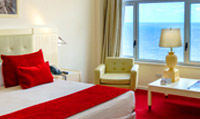

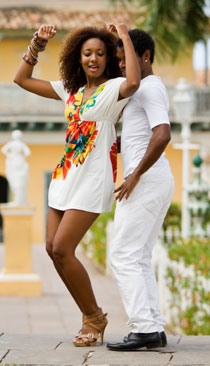


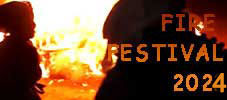
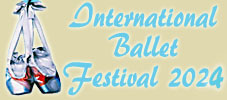
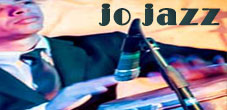
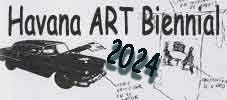
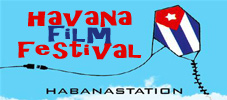
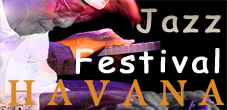
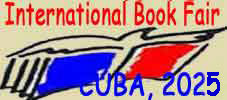
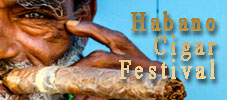
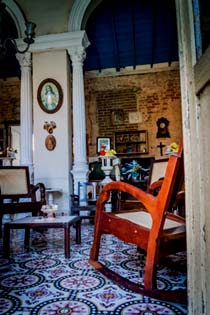
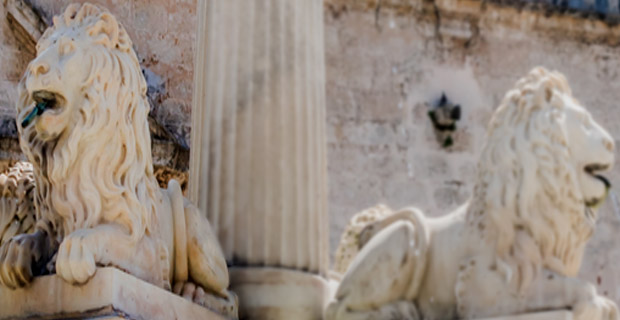
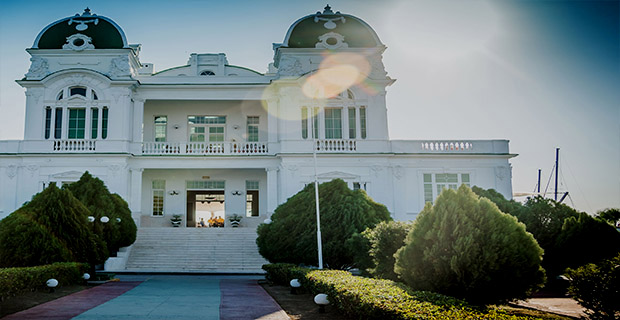
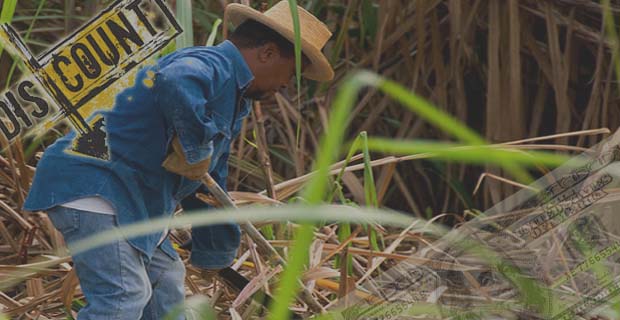
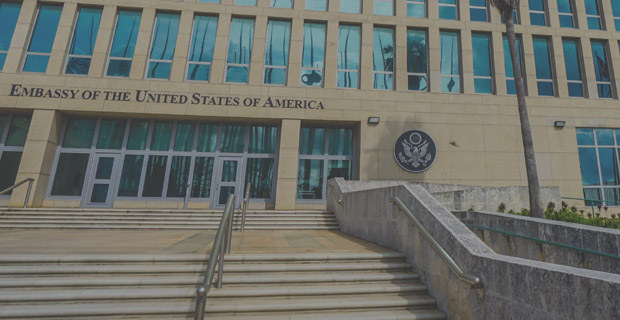
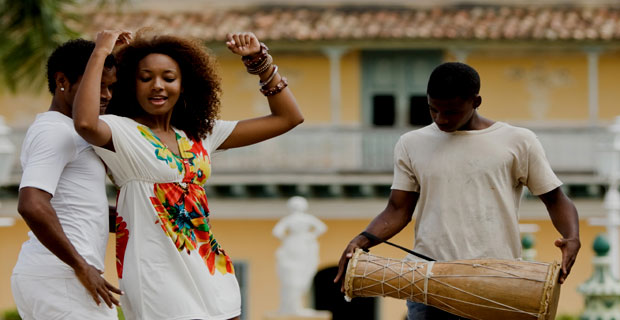
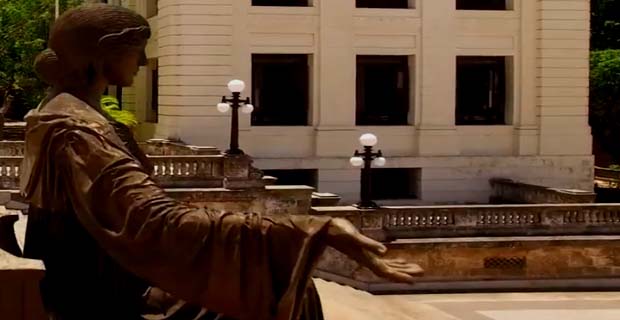
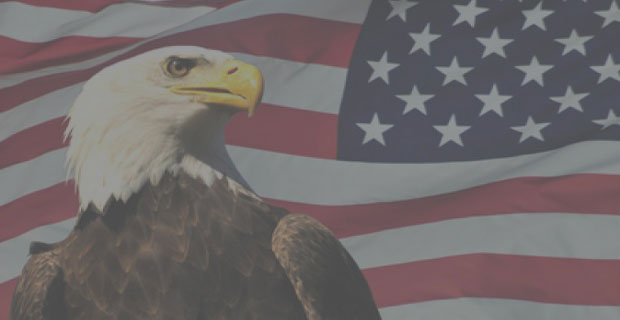

 Our Cuba architecture tours will take you to explore the
Our Cuba architecture tours will take you to explore the  Plaza de San Francisco soon became the trade square of the city during early colonial times. Galleons full of Spanish immigrants and African slaves called port here to unload their human cargo and stockpile before continuing on journey to The West Indies.
Plaza de San Francisco soon became the trade square of the city during early colonial times. Galleons full of Spanish immigrants and African slaves called port here to unload their human cargo and stockpile before continuing on journey to The West Indies.
 An authentic Cuba architectural jewel, the Cathedral Square isthe most beautiful and private 18th century colonial plaza of Cuba, named after the masterpiece of Cuban baroque architecture: the Cathedral of Havana built by the Jesuit order.
An authentic Cuba architectural jewel, the Cathedral Square isthe most beautiful and private 18th century colonial plaza of Cuba, named after the masterpiece of Cuban baroque architecture: the Cathedral of Havana built by the Jesuit order.
 The Centro Asturiano building, designed by Spanish architect Manuel del Busto, features solid heavy façades constructed in Capellania stones with clear Spanish Renaissance influence. It arguably houses the prettiest staircase in Cuban architecture which makes it worth a visit in our Cuba tours.
The Centro Asturiano building, designed by Spanish architect Manuel del Busto, features solid heavy façades constructed in Capellania stones with clear Spanish Renaissance influence. It arguably houses the prettiest staircase in Cuban architecture which makes it worth a visit in our Cuba tours.
 Your Cuba travel features a tour of the Capitol Building, designed by Cuban Architects and built by the American construction company of Purdy & Henderson. This building is one of the most outstanding architectural landmarks in Cuba filled with artwork from Cuban and foreign artists. The dome is 300.96 ft. high (7 inches higher than the highest capitol building in the US) and the recently renovated gardens are the work of the famous French Landscape Architect, Forestier.
Your Cuba travel features a tour of the Capitol Building, designed by Cuban Architects and built by the American construction company of Purdy & Henderson. This building is one of the most outstanding architectural landmarks in Cuba filled with artwork from Cuban and foreign artists. The dome is 300.96 ft. high (7 inches higher than the highest capitol building in the US) and the recently renovated gardens are the work of the famous French Landscape Architect, Forestier.
 Our Cuba tours could not miss Cuba's architectural jewel, San Pedro de la Roca Morro Castle, a XVII century military construction. The fortress was declared a World Heritage
Site by UNESCO in 1997. The objective of the architects was to build high fortresses with wide walls that would
resist the artillery of the time. It is worth saying that one important contribution to colonial architecture was to conceive
the castles with points instead of corners in order to lessen the impact of the cannons.
Our Cuba tours could not miss Cuba's architectural jewel, San Pedro de la Roca Morro Castle, a XVII century military construction. The fortress was declared a World Heritage
Site by UNESCO in 1997. The objective of the architects was to build high fortresses with wide walls that would
resist the artillery of the time. It is worth saying that one important contribution to colonial architecture was to conceive
the castles with points instead of corners in order to lessen the impact of the cannons.
 A landmark of Cuba's religious architecture, the Basilica de Nuestra Senora del Cobre in
A landmark of Cuba's religious architecture, the Basilica de Nuestra Senora del Cobre in 

 The urban
The urban  Cuba tours visiting Cienfuegos find hard to ignore a visit to Palacio del Valle, a jewel of Cuba's architecture. A glance at the central plant is quite amazing.
It is flanked by 2 animal sphinxes from Egyptian tales, with head and breast of a woman and body and paws of a
lion that personify the sun. However, some people assure that this was not supposed to be the principal entrance.
Yet, its proximity to the marble stairway that leads to the second floor made it so.
Cuba tours visiting Cienfuegos find hard to ignore a visit to Palacio del Valle, a jewel of Cuba's architecture. A glance at the central plant is quite amazing.
It is flanked by 2 animal sphinxes from Egyptian tales, with head and breast of a woman and body and paws of a
lion that personify the sun. However, some people assure that this was not supposed to be the principal entrance.
Yet, its proximity to the marble stairway that leads to the second floor made it so.
 Arrival at "Jose Marti" International Airport in Cuba's capital city.
Arrival at "Jose Marti" International Airport in Cuba's capital city.

